Students must be very careful while choosing the Commerce stream subjects in the 11th and 12th standards. The choice of subjects help in choosing the right career ahead.
Table of Contents
Commerce stream subjects include Accountancy, Economics, and Business Studies as the main subjects. The optional subjects available for the Commerce stream students are Computer Applications, Fine Arts, Informatics Practices, and others. The optional subject must be selected very carefully.
Commerce Stream Subjects
A wide number of options have opened up for the Commerce stream students. While the choice was limited previously, the choice of optional subjects ranging from Mathematics to Informatics Practices, and Fine Arts, have been included. Students can take the most suitable combination to shape their career ahead.
Accountancy
This is one of the mandatory Commerce stream subjects across ISC, CBSE, and all other regional education boards in India. Accountancy is a subject that deals with documentation of all commercial transactions within an organization. The application of this subject in the professional life of a commerce-student is huge.
The chapters and syllabus covered in Accountancy have been listed in the table below:
- Financial Accounting: Financial Accounting deals with topics like business, transactions, accounts, capital, drawing, liability, incomes, profits, stock, vouchers, etc.
- Transaction Recording: Transaction Recording deals with accounting equation, debit and credit rules, cash book, purchase book, sales book, etc.
- Bank Reconciliation Statement, Ledger, and Trial Balance: This chapter comprises information on calculation of bank balance, cash book balance, posting from the journal, balancing of accounts, etc.
- Depreciation, Provision, & Reserve: This chapter covers depreciation, accounting treatment of the same, provisions and reserves, and reserves and their types.
- Computers in Accounting: This chapter gives an introduction to AIS (Accounting Information System), software operating, accounting process automation.
- Financial Statements of Non-Profit Organizations: This chapter throws light on the concept of non profit organizations, and the features of payment & receipt account, and income and expenditure account.
Economics
Economics is another subject for the Commerce stream students, which falls among the mandatory subjects. Economics deals with the ways of wisely using the resources available to man, both in the face of scarcity as well as abundance. It is the study of requirements and use of financial resources by individuals, organizations and the government.
Few of the most important chapters of Economics are given in the list below:
- Introduction to Economics: This chapter gives introductory information about Economics.
- Statistics: This chapter covers the information on, such as collection and organization of data, statistical tools, etc.
- Macroeconomics: This chapter sheds light on the overall economy of consumers, markets, businesses, and governments.
- Microeconomics: This chapter deals with the decision taken by an organization or individual in the allocation of resources of production, consumption, and exchange.
- Income and Employment Theory: This part of Economics throws light on the output, price, and employment within an economy.
Also Check: Commerce Vs Arts: Which is Better?
Business Studies
Business Studies is one of the Commerce stream subjects that finds a relevant and wide use for those wishing to take up Business Management for their careers. This subject offers a holistic view into a number of other commerce subjects such as Marketing, Accounts, Finance, etc., that find widespread application while studying business management at the graduation and post-graduation level.
The chapters covered in Business Studies have been shared below:
- Introduction to Business Studies: This chapter gives information on the fundamentals of planning, developing, managing and controlling resources in business.
- Business Organizations: The chapter deals with the formation and development, management and control of the public, private and multinational companies.
- Public & Private Companies and MNCs: The basic principles of management are discussed in this chapter.
- Principles of Management: This chapter explores the importance and significance of management.
Also Check: Career Options in Commerce Without Maths
Computer Applications
Computer Applications is one of the most opted optional Commerce stream subjects for many education boards, including CISCE and other regional boards. This subject covers topics like the fundamentals of computers, programming methodology, and various programming languages such as Python, JAVA, C, C++, etc.
The important chapters in Computer Applications can be found in the section below:
- Computer Networks: This chapter gives information on the fundamentals of computer networking and the practical uses it has.
- Database Management: The chapter deals with topics such as ER model, relational model, SQL, concurrency control, functional dependency, etc.
- Data Representation: This chapter throws light on data transformation through charts, maps, diagrams, graphs, etc.
- Computer Programming: This chapter gives an introduction to the importance and uses of computer programming in various industries.
- Java, C, C++: These are programming languages.
Also Check: BCom Computer Applications
Elective Subjects for Commerce Stream for Class 11 & 12
Students can choose between a wide number of elective subjects in the commerce stream in classes 11 and 12. The students need to choose one elective subject from the list given. This choice is crucial because depending on the subject they choose here, they will be offered subject combinations at the Bachelor's level.
The list of elective subjects in commerce are:
- Mathematics
- Informatics Practices
- Fine Arts
- Computer Science
- Computer Applications
- Home Science
- Psychology
- Physical Education
Commerce Stream Subjects: Why to Choose?
The compulsory or mandatory subjects under the Commerce stream for 11th and 12th standards in most of the education boards in India, including the central, CISCE, and regional boards, comprise of Accountancy, Business Studies, and Economics. The optional subjects have a wide array to choose from.
Commerce students have abundant options ahead for their careers. The commerce stream subjects open up several professional opportunities in the future, such as Cost Accountancy, Business Management, Chartered
Accountancy, Chief Financial Officer, and a lot of other options. Students who wish to take up these career options, must go with the commerce stream. Choosing the right subject will help in having the desired career option.


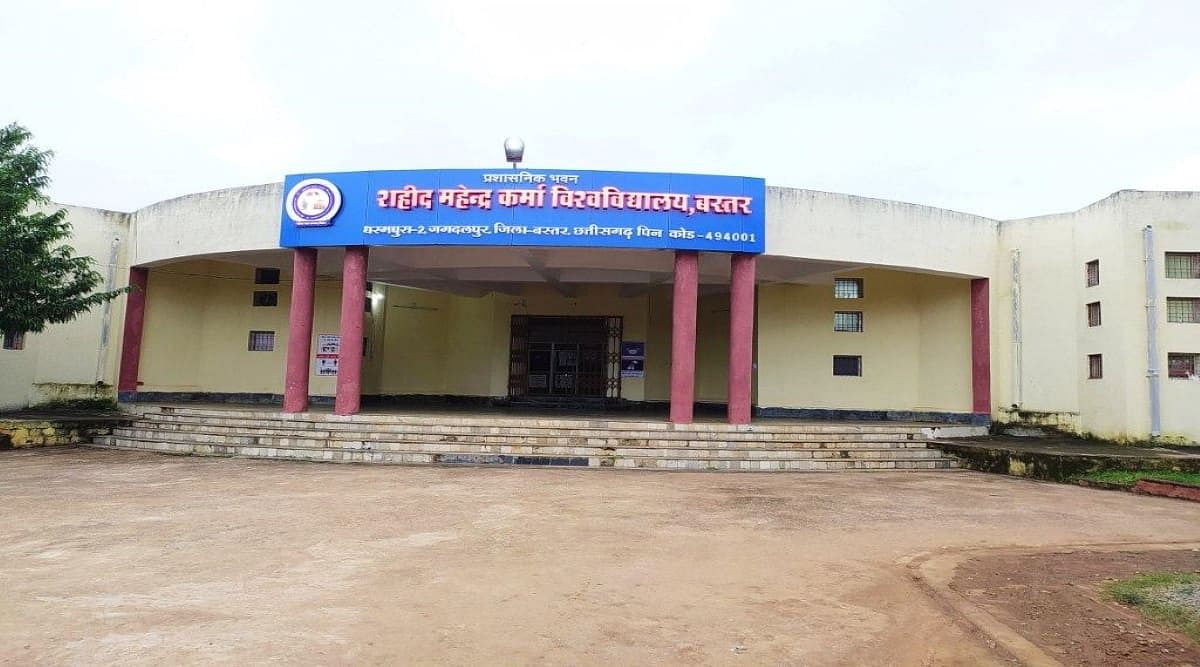
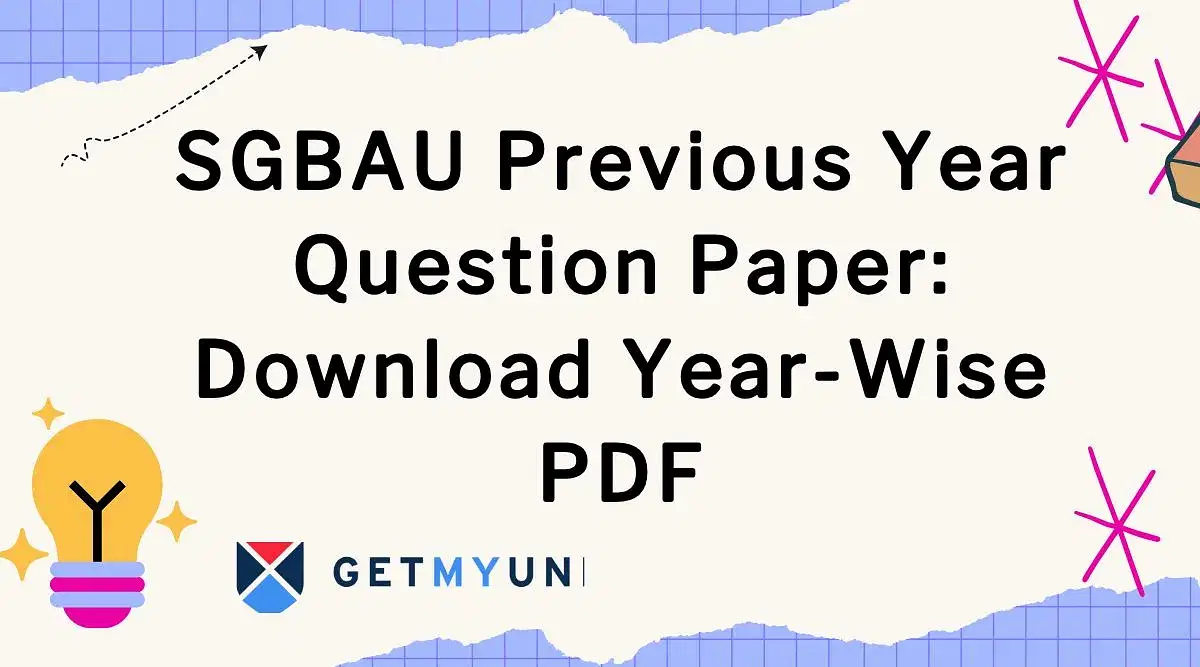



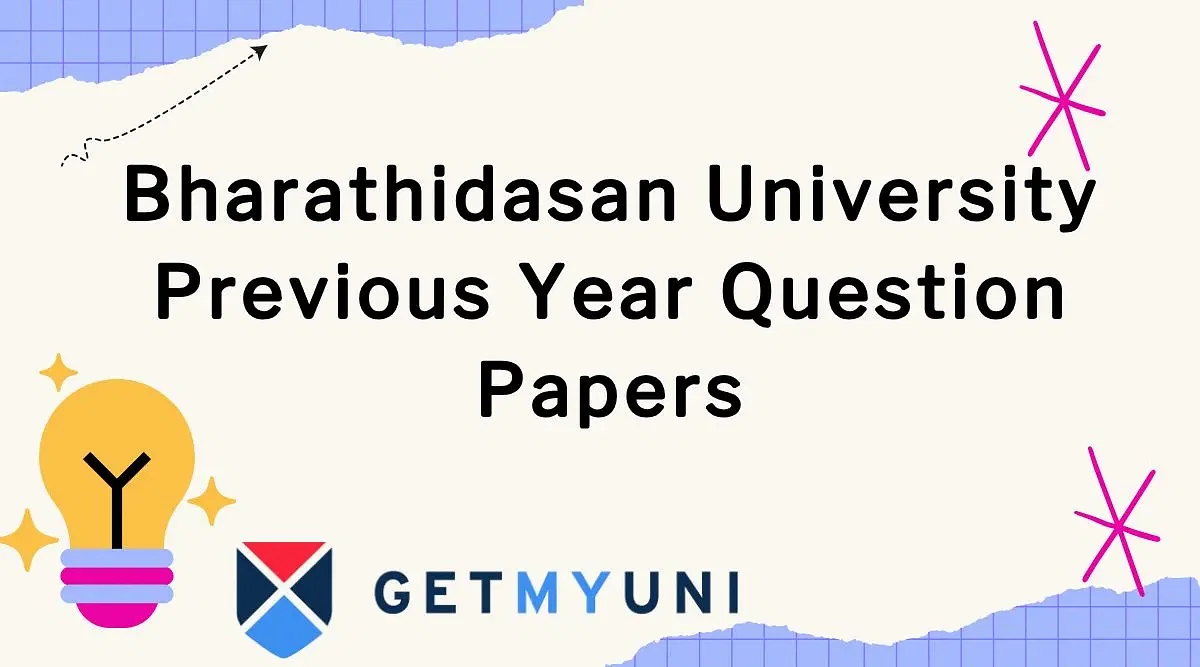






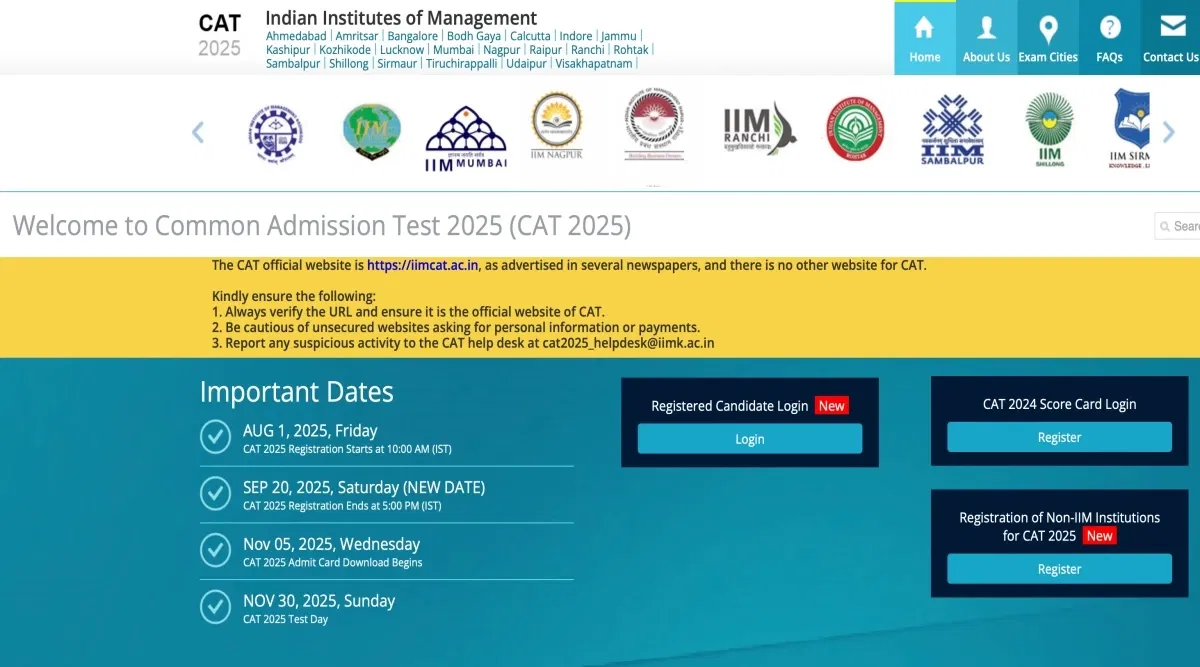

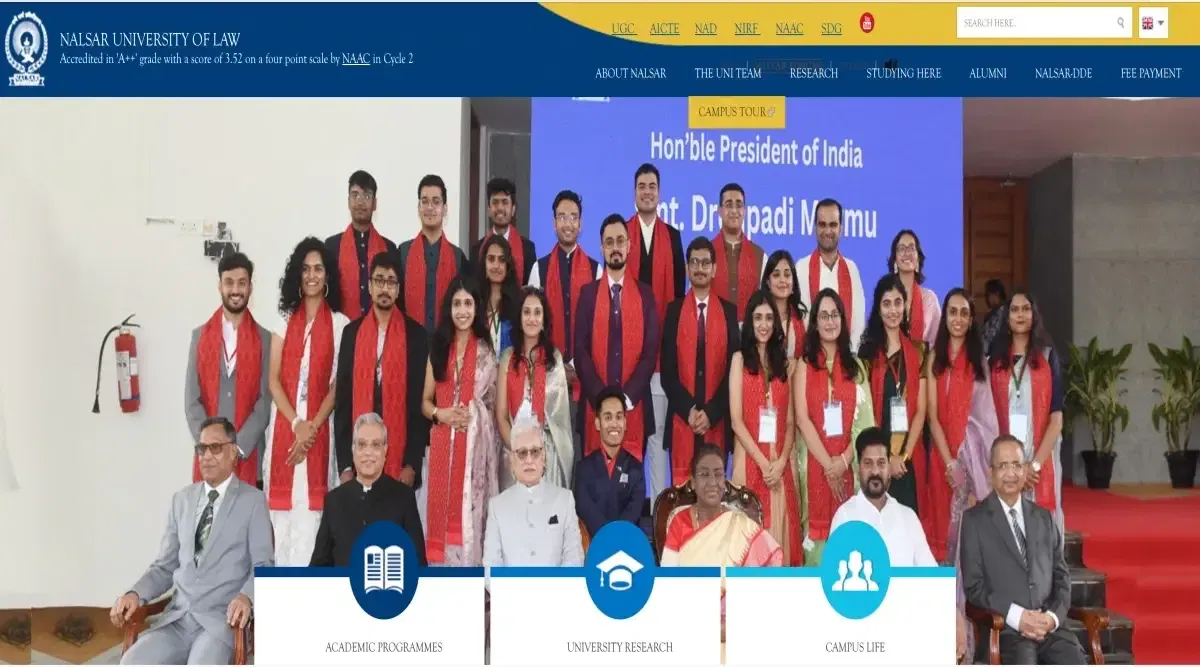

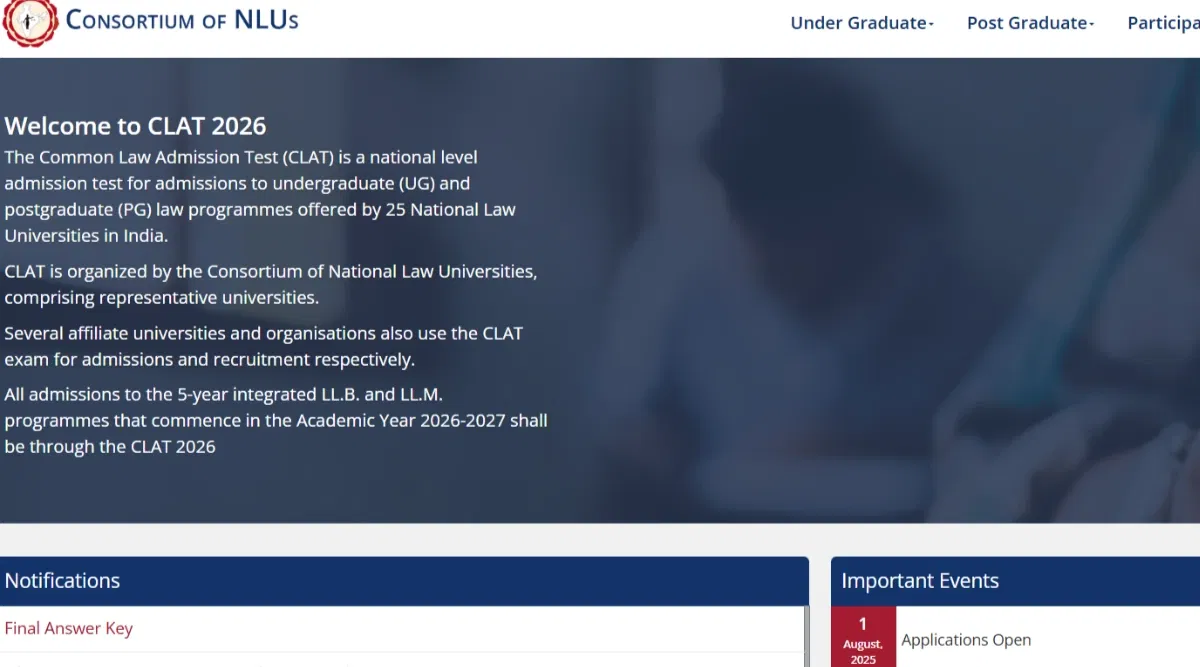




POST YOUR COMMENT